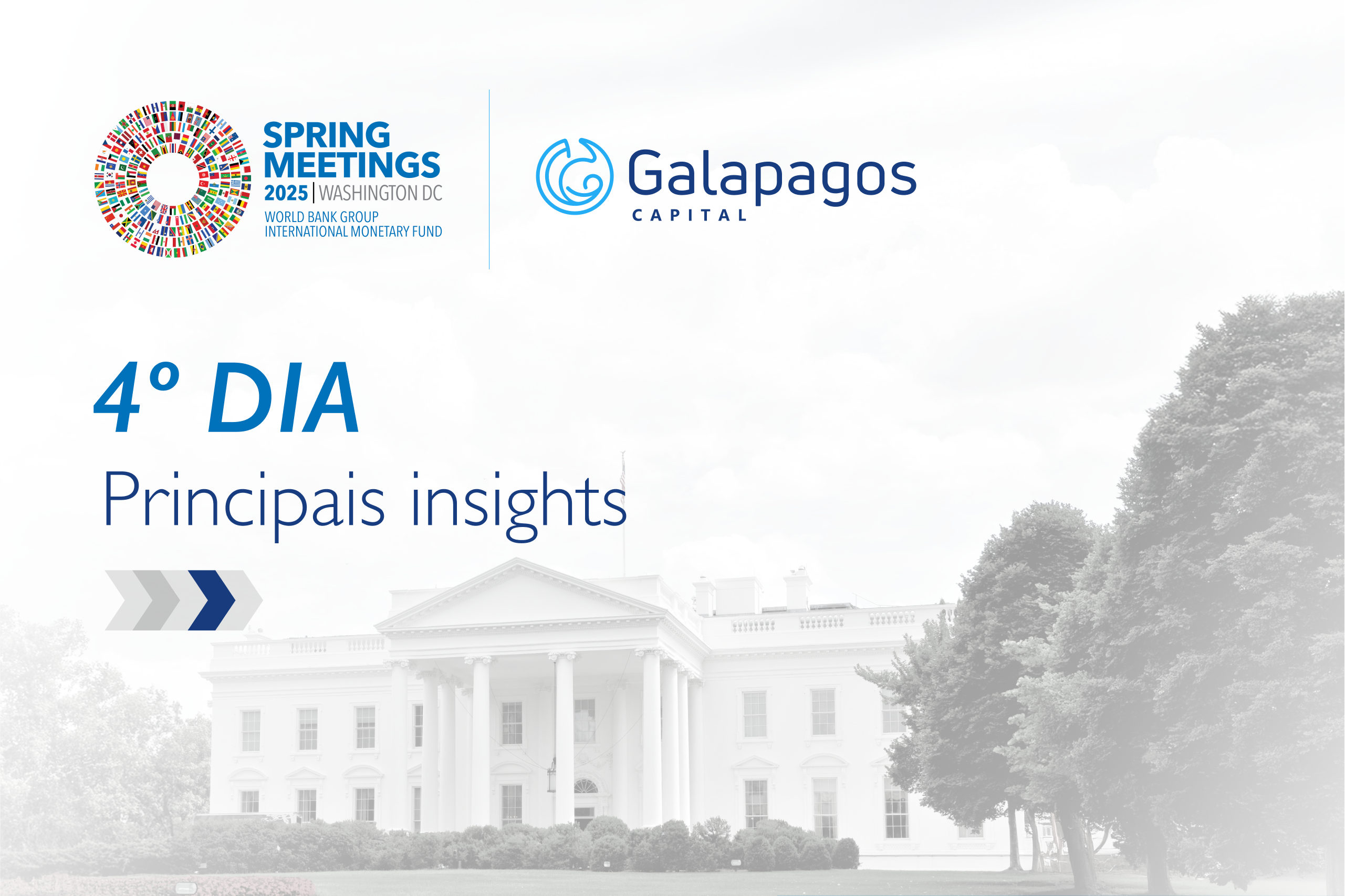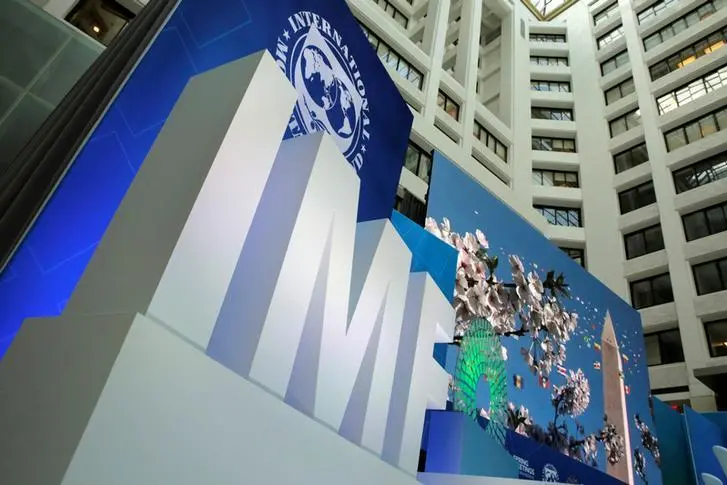How Regulators Are Positioning Themselves on AI
The real implications of Artificial Intelligence are now central to decision-making in global financial markets—but are we ready for its risks? During the first panel on Day One of the 2025 IMF Spring Meetings, discussions centered on a theme gaining increasing prominence: Artificial Intelligence and its implications for financial stability.
The conversation underscored AI’s potential to enhance competitiveness and improve customer service in financial institutions. At the same time, key risks were flagged, including the need for increased transparency, explainability, fairness, and the prevention of financial crimes.
The IMF noted a sharp acceleration in AI adoption across capital markets, illustrated by a 50-percentage-point increase in patent filings referencing AI and a significant expansion in job openings linked to the technology. In this context, several material concerns emerged: market concentration risk, the speed of market adjustments, the possibility of manipulation, and growing third-party dependencies.
The FSA (Financial Services Agency) emphasized the need for outcomes-based regulation, focused on clear governance and effective supervision. Meanwhile, IOSCO (International Organization of Securities Commissions) highlighted market integrity, investor protection, and financial stability as core areas of concern.
The FSA also announced the launch of a new roundtable bringing together regulators, AI developers, end-users, and academics, with the aim of fostering dialogue and strengthening engagement around optimal AI deployment in the financial sector.
Impact on the Labor Market and Productivity
The IMF emphasized that the rise in AI-related patents and job creation over the last decade reflects the technology’s transformative impact on labor productivity and the broader real economy. Rapid adoption spans areas such as process automation, risk management, and enhanced liquidity in capital markets.
Panelists also cautioned that AI remains, to some extent, a “black box,” and that regulators must deepen their understanding of its application in finance. The continuous advancement of machine learning – leveraging increasingly large data volumes and more sophisticated techniques – alongside the application of generative AI in data processing and script creation for operational efficiency, underscores the urgent need for robust validation and risk management practices.
Implications of AI for Financial Stability
Key risks identified include:
- Market concentration risk
- Excessive speed of market adjustments
- Algorithmic manipulation and bias
- Inefficiencies
- Dependency on external vendors for AI/ML models and data inputs, increasing exposure to operational failures
IMF’s Approach to AI Regulation
The IMF advocates for a regulatory approach based on clarity, engagement, and cooperation, avoiding a punitive posture. The Fund stressed the importance of understanding AI’s implications for financial stability and market integrity.
Its recommendations include:
- Expanding data collection and institutional understanding
- Building safeguards for volatile markets
- Mapping interdependencies and encouraging harmonized practices
- Promoting international cooperation to mitigate AI-related risks and vulnerabilities
FSA’s Position on AI Regulation
The FSA calls for results-driven regulation grounded in consumer duty. It underscored the value of building upon existing regulatory frameworks and ensuring clear governance over AI technologies. The agency also emphasized the utility of “sprint sandboxes”—controlled environments for testing new models and technologies amid regulatory uncertainty.
IOSCO’s Role in AI Governance
IOSCO, in turn, committed to fostering a common understanding and promoting best practices in AI governance. Topics raised included:
- Market concentration and AI “hallucinations”
- Governance frameworks for autonomous AI
- The potential for “AI microscopes” to generate insights into algorithmic inner workings
IOSCO reiterated the importance of harnessing AI’s potential while maintaining a disciplined and responsible approach to risk management.
The discussion around AI in the financial system is only just beginning. But one point is clear: institutions that can interpret these developments early will hold a strategic advantage.
Galapagos Capital continues to track global developments closely – translating that knowledge into actionable strategy for clients.
Want to receive the next insights directly in your inbox? Click here and sign up on our landing page to receive all real-time updates.Produced by Tatiana Pinheiro, Chief Economist at Galapagos Capital.














